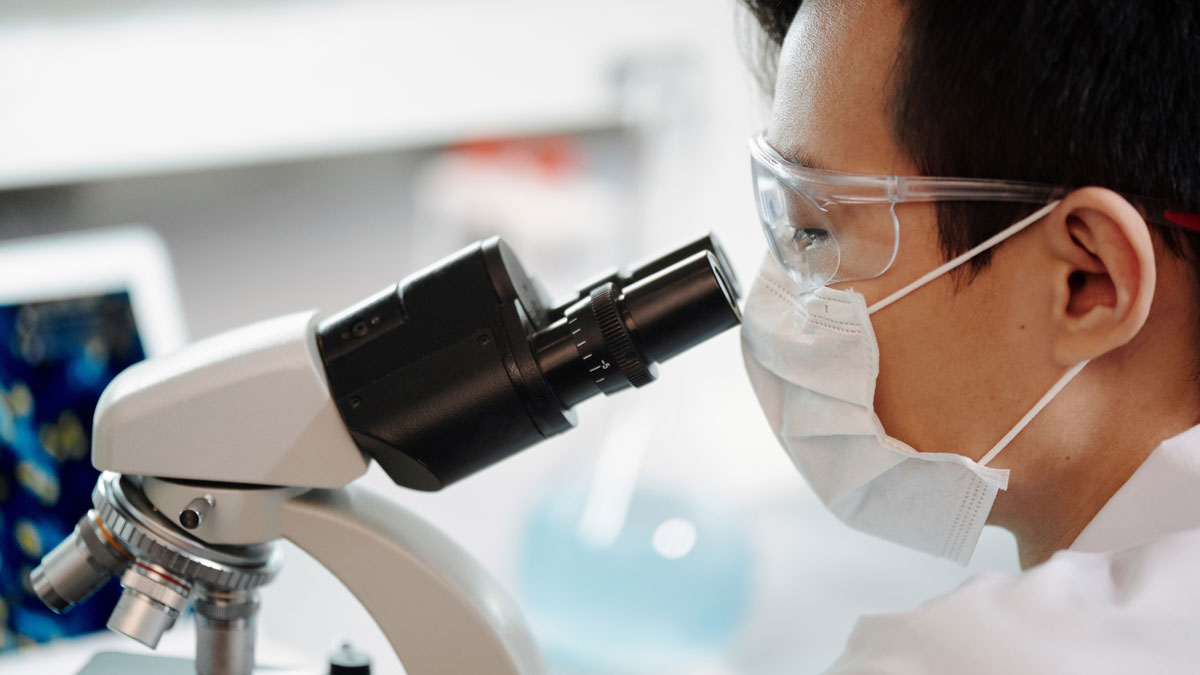Currently there’s been a lot of talk about CBD, or cannabidiol, and how it’s impacting the way we think about modern medicine. This article aims to shed light on this topic and explore why CBD is becoming increasingly popular in healthcare. CBD is a natural compound found in hemp and cannabis plants, and it’s different from the more well-known compound, THC, because it doesn’t make you feel high. Instead, it interacts with something called the endocannabinoid system in your body, which plays a role in various bodily processes.
A Brief Explanation of CBD
CBD, short for cannabidiol, is a chemical compound found in hemp and cannabis plants. Unlike THC, it won’t give you that euphoric high feeling that’s often associated with cannabis. Instead, CBD interacts with your body’s endocannabinoid system. This system is responsible for regulating many important processes in your body, such as sleep, mood, and appetite. When CBD interacts with this system, it can have a range of effects that might be beneficial for your health.
The Historical Context
A look back in time reveals that people have been using cannabis and hemp for medicinal purposes for centuries. Ancient civilizations recognized the potential benefits of these plants and used them to treat various ailments. However, things took a turn during the 20th century when cannabis faced a lot of stigma and became classified as a controlled substance. This made it challenging for scientists to study it and for people to see its potential as a medicine.
The Therapeutic Potential of CBD
One of the reasons why CBD is changing how we think about medicine is because it seems to have a lot of potential when it comes to treating health issues. Here are some of the things scientists are exploring:
- Pain Management: Some studies suggest that CBD may help manage pain, including chronic pain conditions like arthritis. People who have used CBD for pain relief often report positive results.
- Anxiety and Stress: Many individuals turn to CBD to help reduce feelings of anxiety and stress. It’s thought that CBD may interact with certain receptors in the brain to produce a calming effect.
- Anti-Inflammatory Properties: Inflammation is involved in many health problems, from skin conditions to autoimmune diseases. Some research indicates that CBD may have anti-inflammatory properties, potentially helping with these issues.
- Epilepsy: Perhaps one of the most well-known uses of CBD is in the treatment of epilepsy, particularly in children with severe forms of the condition. The FDA has even approved a CBD-based medication for this purpose.
CBD in Modern Medicine
Doctors and researchers are increasingly interested in how CBD can fit into modern medical practices. They’re looking into using CBD alongside traditional treatments or even as an alternative option for certain health conditions. Here are a few examples of how CBD is being used in the medical field:
- Chronic Pain Management: CBD is being explored as a potential pain management tool for people with conditions like arthritis, multiple sclerosis, and even cancer-related pain.
- Epilepsy Treatment: As mentioned earlier, there’s an FDA-approved medication called Epidiolex that contains CBD and is used to treat certain forms of epilepsy.
- Anxiety and Depression: Some individuals with anxiety or depression are turning to CBD as a way to manage their symptoms. It’s not a cure, but it may offer some relief.
Changing Perceptions and Stigmas
While CBD shows promise, it’s not without its challenges. There’s still some stigma associated with it because of its connection to cannabis. Some people worry that using CBD means you’re getting “high,” but that’s not the case. CBD doesn’t produce that effect. It’s important to educate ourselves and others to dispel these myths and misconceptions.
Many people have shared their stories about how CBD has positively impacted their lives. These personal accounts play a crucial role in changing how we perceive CBD. When we hear about someone finding relief from chronic pain or anxiety through CBD, it becomes easier to see it as a legitimate medical option.
Challenges and Future Directions
While CBD has shown great promise, there are still hurdles to overcome. Here are some of the challenges:
- Regulatory Hurdles: The legal status of CBD varies from place to place, and this can be confusing. Clearer regulations would provide more guidance for both consumers and researchers. In Canada, CBD is legal as long as it doesn’t contain more than 0.3% THC per volume.
- Research: We need more high-quality scientific research to fully understand the potential benefits and risks of CBD. This includes more clinical trials to determine its effectiveness for various conditions.
- Dosage and Safety: Figuring out the right dosage of CBD for different conditions and individuals can be challenging. Additionally, long-term safety studies are needed to ensure its use is safe over time.
Looking ahead, CBD is likely to continue changing how we think about medicine. As more research is conducted and more people have positive experiences with it, we can expect to see even more innovative uses and applications of CBD in healthcare.
Conclusion
To summarize, CBD is making waves in the world of modern medicine. This natural compound, derived from plants, offers potential benefits for various health conditions, from pain management to anxiety relief. While there are still challenges and misconceptions to overcome, CBD is gradually becoming a more accepted part of contemporary healthcare. As we learn more through research and as more individuals share their success stories, CBD’s role in medicine is likely to expand, offering new hope for those seeking alternative and complementary treatments.
If you’re looking to try CBD oil in Canada yourself, you can shop online with CBDMagic today!


